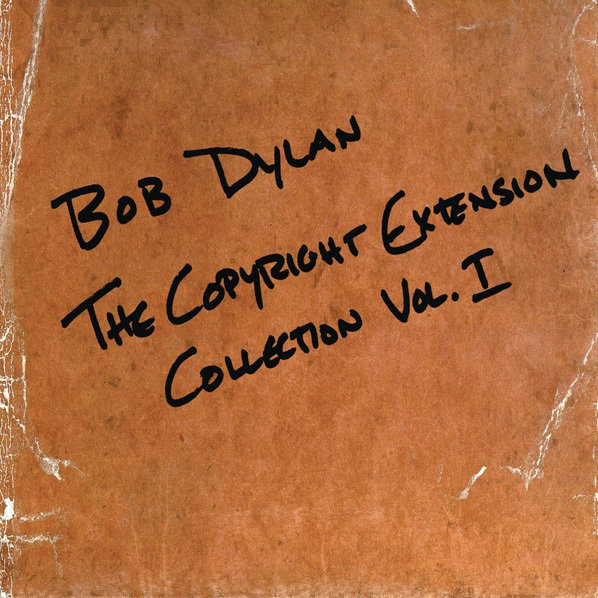 The underdog Minnesota Vikings visited Detroit on Sunday to play the Lions for the second time this season. The first meeting between the two teams was a completely one-sided win for Detroit: Vikings quarterback Teddy Bridgewater threw three interceptions and was sacked eight times during the game. This time was supposed to be different … and it was, but not quite enough. As the game had few playoff implications (the Vikings’ slim chances were dashed on Thursday), the broadcast wasn’t available in the Toronto market, so I again had to follow the game through Twitter, and the first half sounded great. Teddy Bridgewater was having an amazing first half (15 of 18, 168 yards and 1 TD), and the Vikings built up a two-touchdown lead by the middle of the second quarter.
The underdog Minnesota Vikings visited Detroit on Sunday to play the Lions for the second time this season. The first meeting between the two teams was a completely one-sided win for Detroit: Vikings quarterback Teddy Bridgewater threw three interceptions and was sacked eight times during the game. This time was supposed to be different … and it was, but not quite enough. As the game had few playoff implications (the Vikings’ slim chances were dashed on Thursday), the broadcast wasn’t available in the Toronto market, so I again had to follow the game through Twitter, and the first half sounded great. Teddy Bridgewater was having an amazing first half (15 of 18, 168 yards and 1 TD), and the Vikings built up a two-touchdown lead by the middle of the second quarter.
Teddy’s game after the second score wasn’t as impressive, as he was picked off on back-to-back throws which the Lions turned into 10 points. In the duel of the kickers, Detroit’s Matt Prater managed two more field goals, while Blair Walsh had one short attempt blocked and missed on the other two (from 53 and 68 yards), which turned out to be the deciding factor in the game.
The Vikings defence did enough to keep the game close, as 1500ESPN‘s Andrew Krammer says:
The Lions gained just 32 yards on Detroit’s first five possessions, limited by a Vikings’ defense that held Matthew Stafford without a first down in the first quarter.
Stafford didn’t get any breathing room until Teddy Bridgewater tossed his first interception, which set the Lions up at the Vikings’ 11. Stafford cut into the Vikings’ lead with a seven-yard touchdown to Golden Tate just two plays later.
“Thought we did some good things,” Zimmer said. “When you’re playing a team that has that much explosive weapons, you have to pick your spots in all the things you do.”
With cornerback Xavier Rhodes shadowing Calvin Johnson, the Vikings were mostly able to neutralize the Lions’ best screen blocker and jumped the short passes to Tate, starting with a one-yard gain on a 3rd-and-2 attempt to end Detroit’s first possession.
“Third downs was obviously a key today,” Zimmer said. “But they made enough plays to win the game.”
Detroit ultimately converted just 2 third downs the entire game, but one came on a 17-yard screen to running back Joique Bell in the second half that led to a Matt Prater field goal. Prater’s 33-yard chip on the next drive gave the Lions a 16-14 lead that stood as final after the Vikings gave up 138 yards on 23 plays before Detroit tried to run out the clock.
The Vikings finished with no sacks for just the second game under Zimmer, but they still held Stafford to his lowest yardage total (155) since a Dec. 8, 2013 loss in Philadelphia (151).
“Hopefully this will springboard us into the kind of football team I want to have,” Zimmer said.




